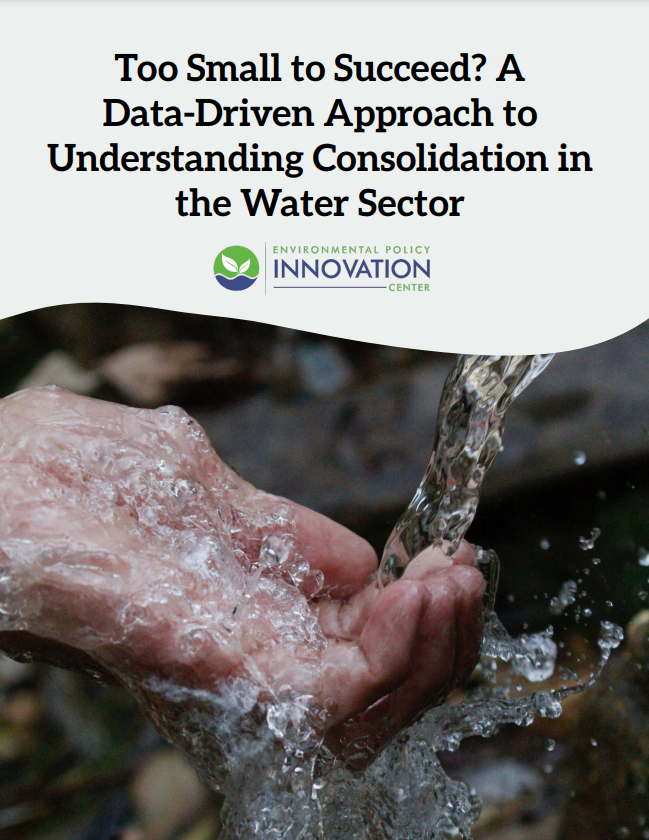Discover More

2022 Maryland Conservation Finance Act Support Letters
The Maryland Conservation Finance Act is a variety of tweaks to authorize new, simpler contracting approaches and attract more private investment in conservation. These letters showcase the bill’s broad support.

2022 Maryland Conservation Finance Act Explainer
The Maryland Conservation Finance Act is a variety of tweaks to authorize new, simpler contracting approaches and attract more private investment in conservation. This publication explains each section of the bill.

Financing Green Stormwater and Natural Infrastructure with Clean Water State Revolving Funds
In this report, we examine Clean Water State Revolving Fund-financed investments in green stormwater infrastructure and natural infrastructure, which mimic or utilize natural processes to solve water quality and stormwater challenges. Communities around the country face environmental and health consequences due to failing water infrastructure. The Clean Water State Revolving Fund helps address these challenges by financing projects to improve water quality and public health. Most states and territories primarily invest in traditional gray infrastructure. In comparison to gray infrastructure, green stormwater infrastructure and natural infrastructure are often more cost-effective, climate resilient, and provide a plethora of economic and social benefits. We specifically evaluate investments in green stormwater infrastructure and natural infrastructure between 2016 and 2020 and give recommendations to state agencies and the EPA.

Unlocking Clean Water State Revolving Funds to Finance Resilience Projects Across the Great Lakes Region
Established in 1987, Clean Water State Revolving Fund (CWSRF) have played a key role in improving water quality in the United States by providing more than $145 billion to finance more than 42,800 projects nationwide. This report looks at the current status of how CWSRF dollars have been spent across the Great Lakes states, and proposes greener priorities that would spur transformation in environmental, economic, public health, and social outcomes.

Too Small to Succeed: State-Level Consolidation of Water Systems

Putting Better Water Quality Communication on the Fast Track
Recommendations to Strengthen EPA’s Watershed Approach To Water Quality Under the Biden Administration

Drinking Water Equity

A Data-Driven Approach to Understanding Consolidation in the Water Sector
The Role of Data and Technology in Meaningfully Tracking Environmental Justice

Necessary Endangered Species Policies for a Rapidly Changing Climate

An Assessment of Endangered Species Act Experimental Populations

Getting to 30x30: Recommendations to Support Greater Private Investment in Private Lands Conservation

Increasing State Revolving Fund Capacity through Leveraging

Re-envisioning water quality reports

Improving Mitigation Under the Endangered Species Act

Outliers in Water Utility Consolidation: A Visualization Tool for Understanding State-Level Drinking Water System Consolidation Opportunities

Analysis of Water Utility Websites Reveals Missed Opportunities

Strengthening Urban-Rural Connections
We have identified 20 ways that cites and water utilities can pay for water quality improvements on farms.

Municipal-Agricultural Watershed Partnerships Project Guide
Develop a partnership in your watershed with this step-by-step guide: Municipal-Agricultural Watershed Partnerships Project Guide.

